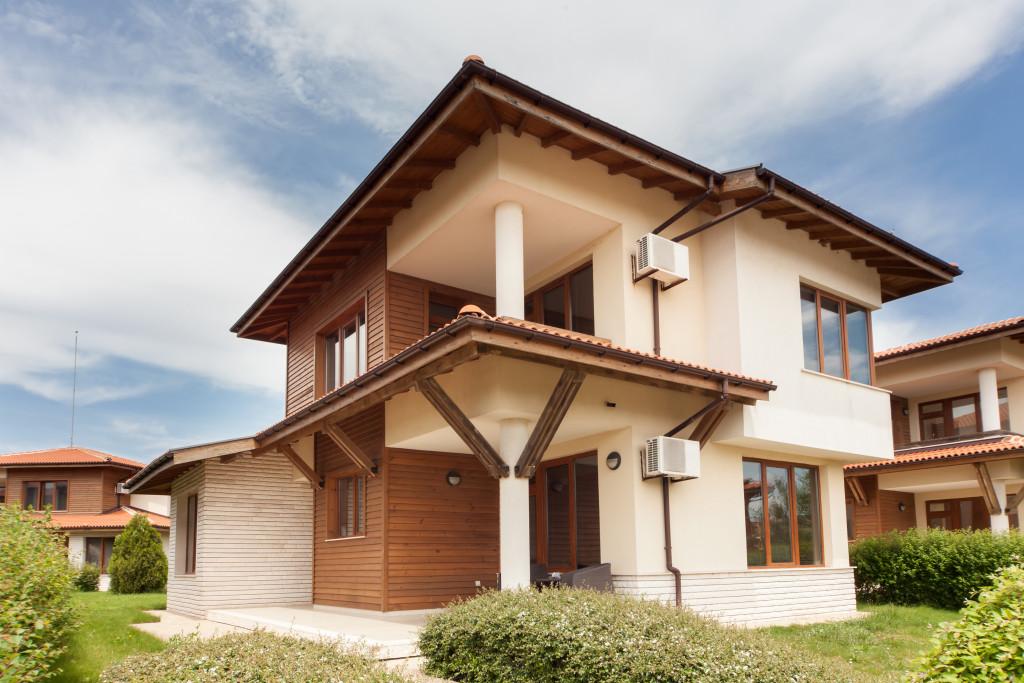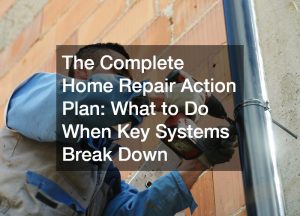Buying a new house can be an exhilarating experience, especially if it means more opportunities for you and your family. But before you go out house hunting, you should sit down and think of the most critical parts of choosing a house first.
Location, Location, Location
When looking for a property, you shouldn’t only look at the house’s external appearance. Needless to say, you also have to factor in the interior. Another aspect you should never overlook is the location. It’s perhaps the most crucial deciding factor when looking to buy a property. Here are some questions to ask yourself to determine whether the property’s location is good for you:
Check the Slope and Shape of the Lot
This one isn’t as obvious as other factors, but if you’re buying an empty lot and plan to build your dream house, it’s best to have these checked. You’d want to make sure that your lot does not slope inward so you won’t have problems with rainwater. Consider the shape of the lot too. Because if you are working with a narrow, rectangular-shaped lot, you wouldn’t have as much liberty when it comes to the design of your home.
Where Your Home Faces Is Important
Supposing you haven’t built a house on the lot yet, remember to consider its orientation. Where the sun hits the house can dictate how much radiant heat and natural sunlight it gets. If you’re in a warmer area, north-facing homes will get more sunlight in the back, which means it can be cooler in the summer. It’s best to talk to your architect about this to be sure you are building a house that receives more natural sunlight and is also more energy-efficient.
Zoning and Other Development Plans
For people who plan to sell their property after some time, zoning and development plans are essential because they can affect the property’s final value. This should also be a consideration for first-time homeowners. Once developers set development plans, you might have to deal with construction noise. Zoning also matters because in places with mixed-use zoning, unless it’s your choice, you’d have to be okay living in a bustling neighborhood with local businesses nearby.
Is the Lot Near Schools, Work, and Other Important Places?
You don’t want to live in a place where every amenity and facility is too far. When looking for the best location for your house, don’t just look at the location’s immediate surroundings. Think practically and start thinking where you can send your children to school, how far your house is from your work, or even essential services like laundry, groceries, and other necessities. Location is critical, and when your home is near different establishments, that makes your house all the more appealing.
How Long Is the Commute?
Even if you are somehow familiar with the area, it’s still wise to observe the traffic and commuting situation in the neighborhood you are considering. Try to check the rush hours on weekdays and weekends. Will you have a hard time getting to work? How about trips to the mall and grocery? This is not just for people who take public transportation. If you own a car or any private vehicle, it’s also wise to learn the traffic rules and even parking in the neighborhood.
How Is The Neighborhood?

Of course, not only should you look for prime lots and appealing house designs, but you should also take a look at the neighborhood you will be living in. If you live alone and would like peace and quiet, you have to make sure there aren’t many kids in the area. If you have kids, make sure you live in kid-friendly zones. If you have pets, will your future neighbors be okay with it? These are things you’d have to know.
How Accessible Is The Place?
Another vital factor to consider is to make sure that the area is accessible. You might enjoy the solitude of being away from people, but make sure that the roads are still accessible to get to your place. For one, you don’t want couriers and delivery services to get lost on the way. More importantly, you don’t want emergency services not to be able to reach you. The latter point is all the more significant if you have people with health risks in your family.
At the end of the day, you want to move to a house that empowers you and your family. Living in it, outside it, and around it should be convenient for everyone.







